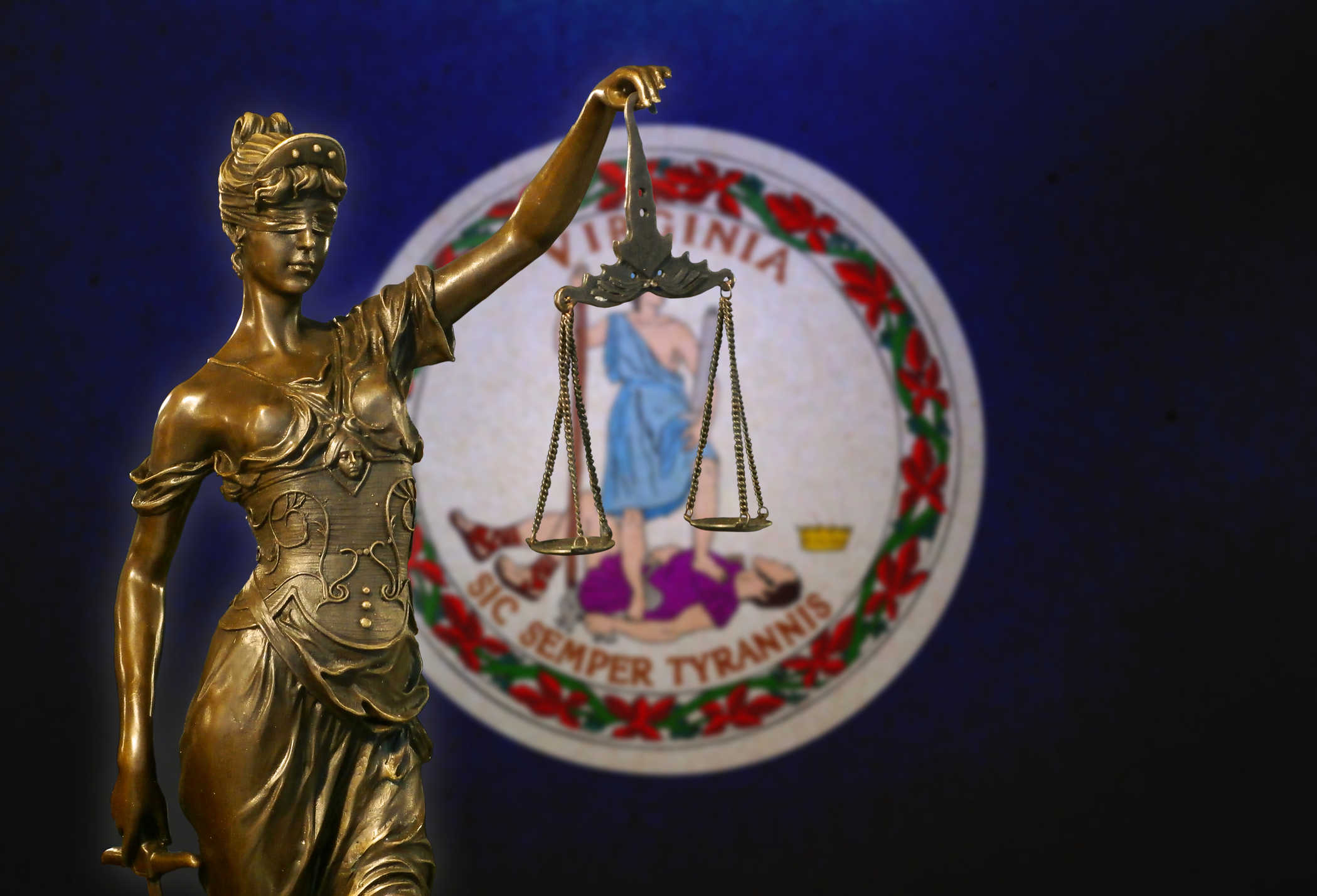Erik Siebert, the U.S. Attorney for the Eastern District of Virginia, has stepped down after facing pressure from President Donald Trump regarding his handling of an investigation into New York Attorney General Letitia James. Siebert, who was nominated by Trump in May 2023 but had not yet received Senate confirmation, was overseeing inquiries into allegations that James committed mortgage fraud by allegedly falsifying records to secure better loan terms.
The investigation was initiated following claims made by William Pulte, Director of the Federal Housing Finance Agency, who asserted that James misrepresented her financial records. Trump’s dissatisfaction with Siebert became public when he stated, “He didn’t quit, I fired him!” The President criticized Siebert for receiving support from Democratic Senators Tim Kaine and Mark Warner during his nomination process, implying that this compromised his impartiality.
In particular, Trump expressed frustration that Siebert reportedly chose not to pursue criminal charges against James, despite the investigation’s findings. The U.S. Attorney concluded that there was insufficient evidence to support a case, a decision that did not align with the expectations set by the President.
In his resignation email, Siebert acknowledged the dedication and professionalism of his colleagues and reiterated his commitment to justice. The Eastern District of Virginia has chosen not to comment further on his resignation.
James has publicly denied the allegations against her, describing the investigation as politically motivated and a retaliatory effort linked to her civil fraud case against Trump, which seeks damages for purported financial misconduct.
Legal and political analysts are voicing concerns over the implications of Siebert’s resignation for the independence of the Justice Department. Critics argue that pressuring Siebert to pursue charges without adequate evidence reflects a troubling trend of political interference in federal investigations. This situation underscores the ongoing tension between law enforcement and political agendas within high-profile cases.
As discussions around this issue continue, the balance of justice and political influence remains a focal point in the landscape of U.S. legal proceedings.
